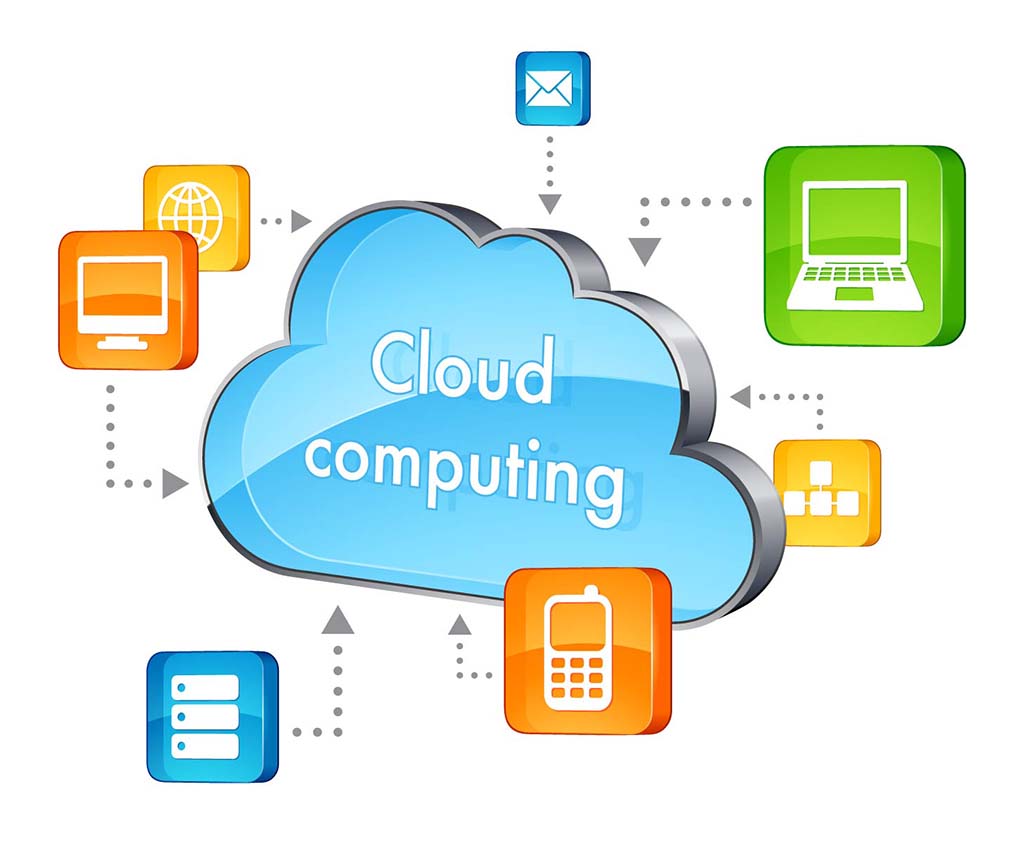GCP Cloud Infrastructure
Google Cloud Platform (GCP) offers a comprehensive suite of cloud computing services and infrastructure solutions designed to help businesses build, deploy, and scale applications and services more effectively and efficiently. GCP's cloud infrastructure provides a robust and reliable foundation for running workloads, storing data, and managing resources in the cloud. Here's an overview of GCP's cloud infrastructure:

Related Searches
Core Components:
1. Compute Engine: Compute Engine offers scalable virtual machine (VM) instances with customizable configurations to run various workloads, including web applications, databases, and batch processing jobs, on Google's global infrastructure.
2. Google Kubernetes Engine (GKE): GKE is a managed Kubernetes service that allows users to deploy, manage, and scale containerized applications using Google's Kubernetes platform, simplifying container orchestration and management tasks.
3. App Engine: App Engine is a fully managed platform-as-a-service (PaaS) offering that enables developers to build and deploy applications without managing infrastructure, providing auto-scaling, load balancing, and built-in services for app development.
4. Cloud Functions: Cloud Functions is a serverless compute service that allows developers to write and deploy event-driven functions in response to cloud events, such as HTTP requests, Pub/Sub messages, or file uploads, without provisioning or managing servers.
5. Cloud Run: Cloud Run is a managed container platform that enables developers to run stateless containers as serverless functions, providing flexibility and scalability for deploying containerized applications without managing infrastructure.
Storage and Databases:
1. Cloud Storage: Cloud Storage provides scalable object storage for storing and serving large volumes of data, including files, images, videos, and backups, with high availability, durability, and low latency access.
2. Cloud SQL: Cloud SQL is a managed relational database service that supports MySQL, PostgreSQL, and SQL Server databases, offering automatic backups, replication, scaling, and managed updates for relational database workloads.
3. Cloud Spanner: Cloud Spanner is a globally distributed, horizontally scalable relational database service that provides strong consistency, ACID transactions, and automatic sharding across multiple regions for mission-critical applications requiring high availability and scalability.
4. Cloud Firestore and Cloud Bigtable: Cloud Firestore is a scalable NoSQL document database for web, mobile, and server applications, while Cloud Bigtable is a fully managed NoSQL database service for massive, analytical workloads requiring low-latency access to large datasets.
5. Cloud Storage for Firebase: Cloud Storage for Firebase provides scalable object storage for mobile and web applications, offering integration with Firebase services and SDKs for seamless data storage and retrieval.
Networking and Security:
1. Virtual Private Cloud (VPC): VPC allows users to create and manage isolated network environments with customizable IP address ranges, subnets, and firewall rules to securely connect and segment resources within the cloud.
2. Cloud Load Balancing: Cloud Load Balancing distributes incoming network traffic across multiple backend instances or services, providing high availability, scalability, and fault tolerance for web applications and services.
3. Cloud Armor: Cloud Armor is a DDoS (Distributed Denial of Service) and web application firewall (WAF) service that provides protection against malicious attacks, vulnerabilities, and exploits targeting web applications and services.
4. Identity and Access Management (IAM): IAM allows administrators to manage access control and permissions for users, groups, and service accounts, ensuring secure authentication, authorization, and auditing of resources within the cloud.
5. Encryption and Key Management: GCP offers encryption-at-rest and encryption-in-transit for data security, as well as Cloud Key Management Service (KMS) for managing cryptographic keys and secrets used to encrypt and decrypt sensitive data.
Management and Monitoring:
1. Cloud Monitoring and Logging: Cloud Monitoring and Cloud Logging provide monitoring, logging, and alerting capabilities for monitoring the performance, availability, and health of cloud resources, applications, and services.
2. Cloud Deployment Manager: Deployment Manager allows users to automate the creation and management of cloud resources using declarative configuration files, templates, and scripts, enabling infrastructure as code (IaC) practices for provisioning and managing resources.
3. Cloud Billing: Cloud Billing provides tools and reports for managing and optimizing cloud costs, usage, and billing, allowing users to monitor spending, analyze usage patterns, and forecast expenses for budgeting and cost control purposes.
4. Stackdriver: Stackdriver is a suite of observability and monitoring tools that provide insights into the performance, availability, and health of cloud applications and services, including metrics, traces, and error reporting for troubleshooting and optimization.
5. Cloud Shell: Cloud Shell is a browser-based command-line interface (CLI) for managing GCP resources and services, providing access to a pre-configured virtual machine environment with common development tools and utilities.
Google Cloud Platform's cloud infrastructure offers a comprehensive set of services and features for building, deploying, and managing modern cloud-native applications and workloads, enabling businesses to innovate faster, scale efficiently, and drive business value in the cloud.






